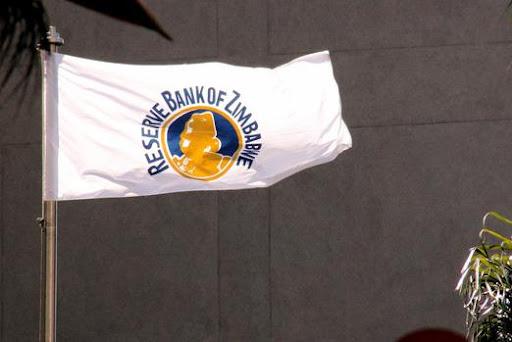News / National
RBZ orders banks to report on rural financial literacy outreach
18 Aug 2025 at 07:42hrs |
5 Views

The Reserve Bank of Zimbabwe (RBZ) has stepped up efforts to promote financial literacy in rural and marginalised communities, directing all banks and microfinance institutions to submit quarterly updates on their outreach activities beginning December 31, 2025.
Presenting the Mid-Term Monetary Policy Review, RBZ Governor Dr John Mushayavanhu said the measure is part of a wider strategy to strengthen financial inclusion and empower citizens with the knowledge to make sound financial decisions.
"The Reserve Bank will increase its financial literacy outreach programmes through various channels to ensure that communities in rural and marginalised areas are informed about monetary policy and financial inclusion initiatives," the statement reads.
"Further, effective December 31, 2025, all banking institutions and microfinance institutions are required to provide quarterly updates on their financial literacy outreach programmes to the rural communities," added Dr Mushayavanhu.
Financial literacy is considered a cornerstone of economic empowerment, enabling individuals to plan for long-term goals such as education and retirement, manage debt responsibly, and run sustainable businesses.
Economist Ms Alice Chikonzi welcomed the directive, describing it as a practical step towards bridging the economic knowledge gap.
"This is a significant intervention that goes beyond policy talk. By making financial literacy reporting a requirement, the RBZ is ensuring that institutions are not just opening branches in rural areas, but are actively empowering people with the skills to make the best use of financial products and services," she said.
Despite progress in mobile money penetration and rural banking, large segments of Zimbabwe's rural population remain excluded from formal financial systems due to limited knowledge of available services. Analysts say the RBZ's directive will establish an accountability framework to track not only the reach of financial education initiatives but also their impact on livelihoods.
Financial experts also believe the policy could align rural economic activity with national development goals, particularly the transition towards a more cashless and digitally driven economy.
Presenting the Mid-Term Monetary Policy Review, RBZ Governor Dr John Mushayavanhu said the measure is part of a wider strategy to strengthen financial inclusion and empower citizens with the knowledge to make sound financial decisions.
"The Reserve Bank will increase its financial literacy outreach programmes through various channels to ensure that communities in rural and marginalised areas are informed about monetary policy and financial inclusion initiatives," the statement reads.
"Further, effective December 31, 2025, all banking institutions and microfinance institutions are required to provide quarterly updates on their financial literacy outreach programmes to the rural communities," added Dr Mushayavanhu.
Economist Ms Alice Chikonzi welcomed the directive, describing it as a practical step towards bridging the economic knowledge gap.
"This is a significant intervention that goes beyond policy talk. By making financial literacy reporting a requirement, the RBZ is ensuring that institutions are not just opening branches in rural areas, but are actively empowering people with the skills to make the best use of financial products and services," she said.
Despite progress in mobile money penetration and rural banking, large segments of Zimbabwe's rural population remain excluded from formal financial systems due to limited knowledge of available services. Analysts say the RBZ's directive will establish an accountability framework to track not only the reach of financial education initiatives but also their impact on livelihoods.
Financial experts also believe the policy could align rural economic activity with national development goals, particularly the transition towards a more cashless and digitally driven economy.
Source - The Chronicle
Join the discussion
Loading comments…


































